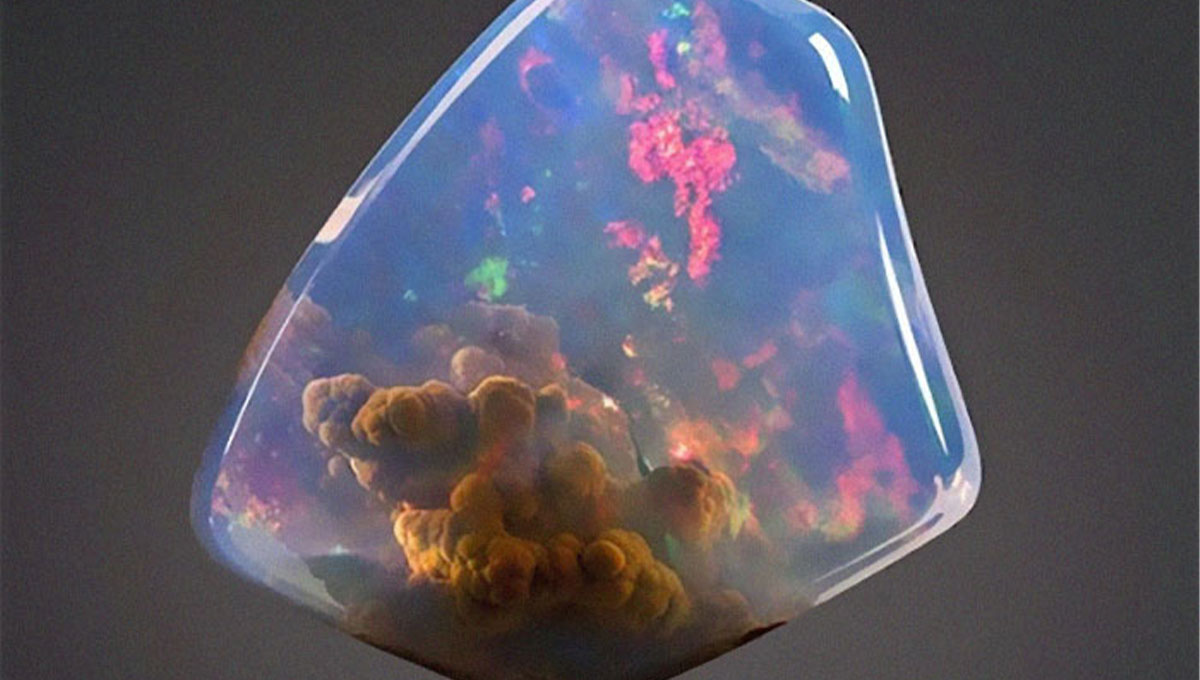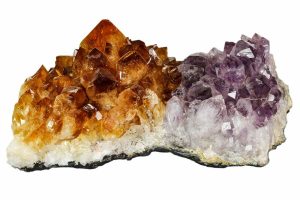
In the vast realm of geology, rocks come in various compositions, textures, and crystal sizes. While some rocks exhibit large, visible crystals, others possess smaller, less discernible ones. This article delves into the intriguing world of fine-grained rocks, specifically focusing on the type that harbors small crystals. By understanding the characteristics and formation processes of these rocks, we can gain valuable insights into the Earth's geological history and the forces that shape our planet.
Defining Fine-Grained Rocks:
Fine-grained rocks, also known as aphanitic rocks, are characterized by their small crystal size, typically less than 0.1 millimeters in diameter. Unlike coarse-grained rocks, where individual crystals are easily visible to the naked eye, aphanitic rocks require microscopic examination to discern their crystal structure. The small crystal size is a result of rapid cooling or solidification of molten rock, preventing the growth of larger crystals.
Types of Fine-Grained Rocks:
- Basalt:
Basalt, a common fine-grained rock, is formed from the rapid cooling of lava on the Earth's surface. It is predominantly composed of minerals such as plagioclase feldspar, pyroxene, and olivine. Basaltic rocks exhibit a dark color due to the presence of iron and magnesium-rich minerals. The small crystals in basalt give it a smooth texture, often likened to a finely grained sandpaper. - Rhyolite:
Rhyolite is another fine-grained rock that forms from the rapid cooling of volcanic magma. It is composed of minerals such as quartz, feldspar, and biotite. Unlike basalt, rhyolite has a lighter color due to its higher silica content. The small crystals in rhyolite give it a glassy appearance, resembling a finely ground sugar. - Andesite:
Andesite, commonly found in volcanic regions, is an intermediate fine-grained rock. It is composed of minerals such as plagioclase feldspar, amphibole, and biotite. Andesitic rocks exhibit a range of colors, from gray to brown, depending on the mineral composition. The small crystals in andesite give it a compact and uniform texture, akin to a finely grained granite.
Formation Processes:
The formation of fine-grained rocks involves rapid cooling or solidification of molten rock, which inhibits crystal growth. This can occur in various geological settings, such as volcanic eruptions, where lava rapidly cools upon reaching the Earth's surface. Alternatively, fine-grained rocks can form through the rapid cooling of magma chambers deep within the Earth's crust. The speed of cooling determines the crystal size, with faster cooling resulting in smaller crystals.
Significance and Applications:
Fine-grained rocks play a crucial role in understanding the Earth's geological history. By analyzing the composition and crystal structure of these rocks, geologists can decipher past volcanic activities, tectonic processes, and even the evolution of life on Earth. Additionally, fine-grained rocks have practical applications in construction, as they often possess high strength and durability, making them suitable for various building materials.
Conclusion:
The world of fine-grained rocks, with its small crystals and intricate formations, offers a captivating glimpse into the Earth's geological past. Basalt, rhyolite, and andesite are just a few examples of the diverse range of fine-grained rocks that exist. Understanding their formation processes and significance allows us to appreciate the dynamic forces that shape our planet. So, the next time you encounter a rock with small crystals, take a moment to marvel at the hidden stories it holds within.

